Nam Liberation: Key to SA Democracy
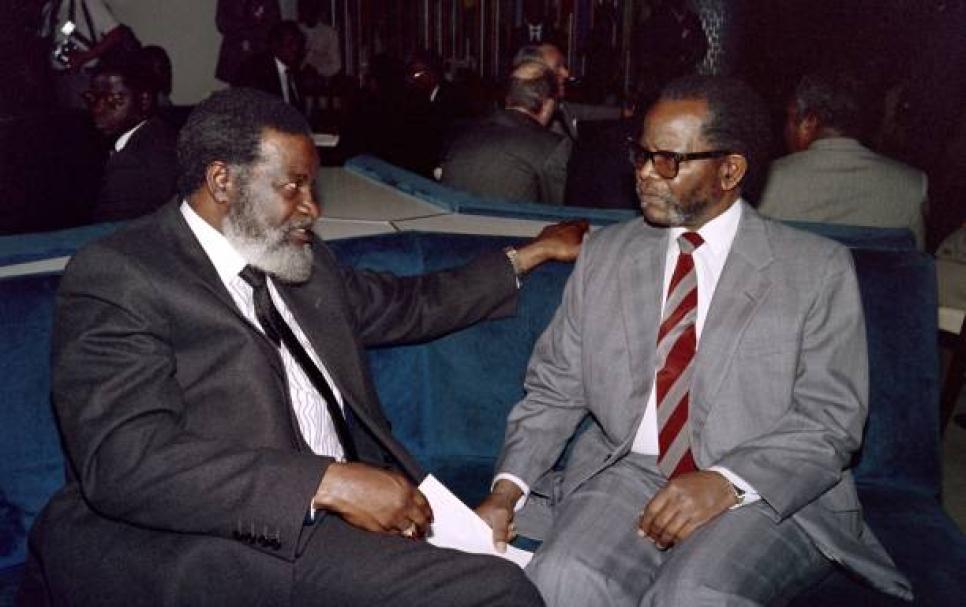
The ripple effects of Namibia’s founding president, Sam Nujoma’s, struggle for his country’s liberation transcended borders and positively impacted the democratization of South Africa, according to leaders in that country.
As the world mourns the passing of Nujoma, hailed as the last of the doyens of luminaries who charted the African renaissance, South African leaders and commentators have praised his fight for Namibia’s independence as a catalyst for democracy in their country.
This was due to the relationship that existed between SWAPO and the African National Congress (ANC) during the liberation movement and their common quest to overthrow the South African apartheid regime.
Dr. Nujoma died on February 9, 2025, following an extended stay at Lady Pohamba Private Hospital in Windhoek.
Represented a Rallying Call
The National Spokesperson of the ANC, Mahlengi Bhengu-Motsiri, said Nujoma would be remembered for his role among the A-Generation that pursued anti-colonialism. She described this as the generation of politicians dedicated to the struggle for freedom.
“He will be remembered among a generation that understood that the liberation of South Africa was intertwined with that of Namibia—formerly South West Africa—and many other parts of the continent. He represented what should be our rallying call for African unity, our rallying call to continue fighting against the remnants of colonialism that we still experience,” Bhengu-Motsiri said.
“He will be remembered as the father of a nation in Namibia, [but] also as the father of democracy on our continent,” she added, further revealing that Nujoma was a recipient of one of South Africa’s National Orders—The Order of the Companions of Oliver Tambo.
“This is because he worked side by side with the late Oliver Tambo and many others of that generation to ensure that apartheid was brought to an end and that we could claim our place among the community of nations as a liberated South Africa and a liberated Namibia,” Bhengu-Motsiri stressed.
Final Strike Against Apartheid
Exiled Ugandan political writer Dr. Muniini K. Mulera recalled shedding tears of joy when Sam Nujoma took the oath of office as president of an independent Namibia on March 21, 1990.
“My tears were a cathartic response to victory against apartheid, the criminal policy that had enslaved millions of southern African people in their homelands for decades. Coming after Nelson Mandela’s release from a South African jail a month earlier, the events in Windhoek heralded the final strike against apartheid in South Africa itself,” Mulera said.
“There was a spring in one’s gait, an easy smile offered to complete strangers, and an inner confidence that the first phase of Africa’s struggle for freedom was coming to an end,” he added.
To the professed admirer of Africa’s liberation stalwarts—such as Nujoma, Mandela, Govan Mbeki, Toivo ya Toivo, Joshua Nkomo, and Robert Mugabe—the liberation of Zimbabwe in 1980 brought great joy and hope for freedom. However, he noted that the rapid unravelling of Zimbabwe, which saw bloody killings of Zimbabweans by Zimbabwean troops, induced fear that the liberation struggle in southern Africa might follow a similarly disappointing path.
“However, when Nujoma assumed leadership, his exemplary governance eased those fears. Democracy, rule of law, and the rights of women and children became a way of life, not mere declarations by the president,” Mulera maintained.
When Nujoma died, Mulera admitted, he cried again—this time, as a celebratory response to a long and consequential life of a man who had successfully fought for his people, not for his ego.
United in Grief
Conveying his condolences, South African President Cyril Ramaphosa stated that as neighbours and compatriots, South Africa was united in grief with Namibians who had lost the leader of the Namibian revolution, “who is inseparable from our own history of struggle and liberation.”
Ramaphosa described the founding father of Namibia’s liberation movement as an extraordinary freedom fighter “who divided his revolutionary program between Namibia’s own struggle against South African colonialism and the liberation of South Africa from apartheid.”
“Namibia’s attainment of independence from South Africa in 1990 ignited in us the inevitability of our own liberation,” said Ramaphosa.
“President Nujoma’s leadership of a free Namibia laid the foundation for the solidarity and partnership our two countries share today—a partnership we will continue to deepen as neighbours and friends,” he added.
According to Ramaphosa, Nujoma inspired the Namibian people with a pride and resistance that belied the size of their population.
“In exile and on home soil, he led the Ovambo People’s Organisation, the South West Africa People’s Organisation, and the People’s Liberation Army of Namibia against the seemingly unshakeable might of colonial and apartheid authorities and forces,” Ramaphosa said, further expressing his country’s gratitude for Nujoma’s long life and his dedication to serving the masses.
Functioned as One Organization
Former South African President Thabo Mbeki corroborated Ramaphosa’s sentiments, stating that during the liberation movement, Nujoma’s leadership extended beyond SWAPO and included the ANC due to the strong relationship between the two organizations.
“He was our leader—not just of SWAPO but of our collective struggle. There was a connection between the two organizations. We had the same oppressor, which was the apartheid regime, and this common struggle for liberation was a common struggle to defeat the same enemy,” Mbeki told the media in the wake of Nujoma’s passing.
He recalled a time in 1977–78 when he was deployed as the ANC representative in Nigeria and discovered that a SWAPO representative was already present there.
“What we did then was merge the two offices to function as one organization. We both published a journal with one editor, and I led the group. Publicly, we spoke as two organizations but functioned as one,” he said, adding that when they reported their manner of operation to Nujoma, he fully endorsed it.
“Nujoma was one of our leaders in the real sense of the word, and we did not treat him as belonging to another organization,” Mbeki stressed.
According to Mbeki, “Nujoma is the last of that generation of leaders who led the struggle to defeat colonialism and apartheid. He represents, in essence, the end of an age and generation that did a lot to provide examples of what needs to be done.”
Not in Isolation
Local political scientist Phanuel Kaapama agreed that Namibia’s independence and Nujoma’s involvement in the events leading to March 21, 1990, propelled the democratization of South Africa and the demise of apartheid.
Kaapama noted that Namibia was regarded as an extension of South Africa, and the majority-black inhabitants of both countries were subjected to the same treatment. Declaring apartheid inhumane in the colony gave South African revolutionaries leverage over the ruling powers at the time.
“But one has to take it back to 1975, when the authoritarian Estado Novo government was overthrown on April 25, 1974, in Lisbon, causing the Portuguese across our region to flee from country to country. This created fear among the Afrikaner colonialists. So did Zimbabwe’s independence in 1980. Namibia’s independence followed, preceded by Mandela’s release two months earlier. Four years later, South Africa became a democracy,” Kaapama said.
- 109 views


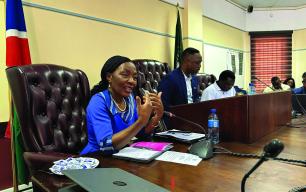
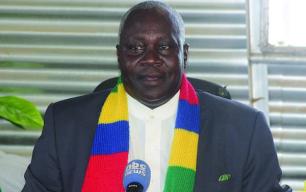
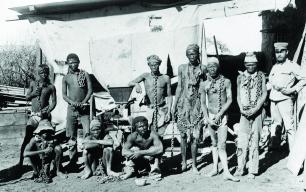
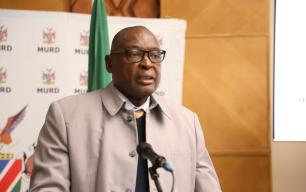

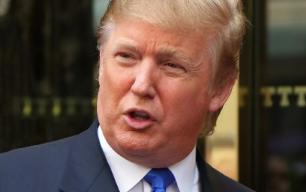

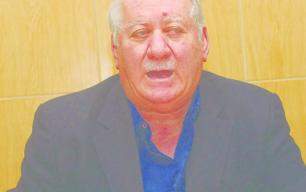
Comments